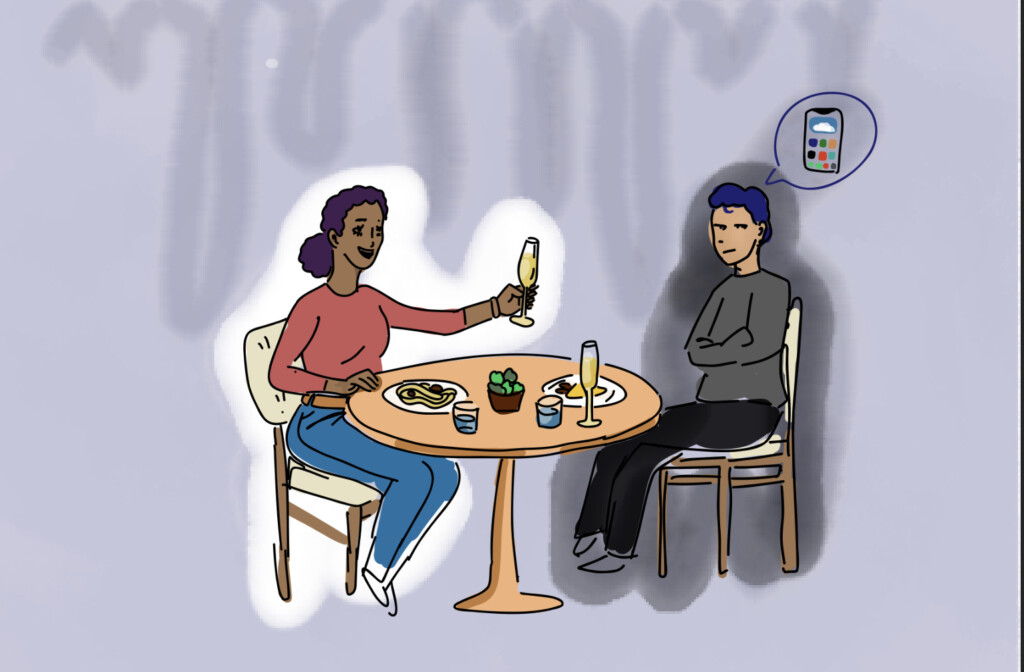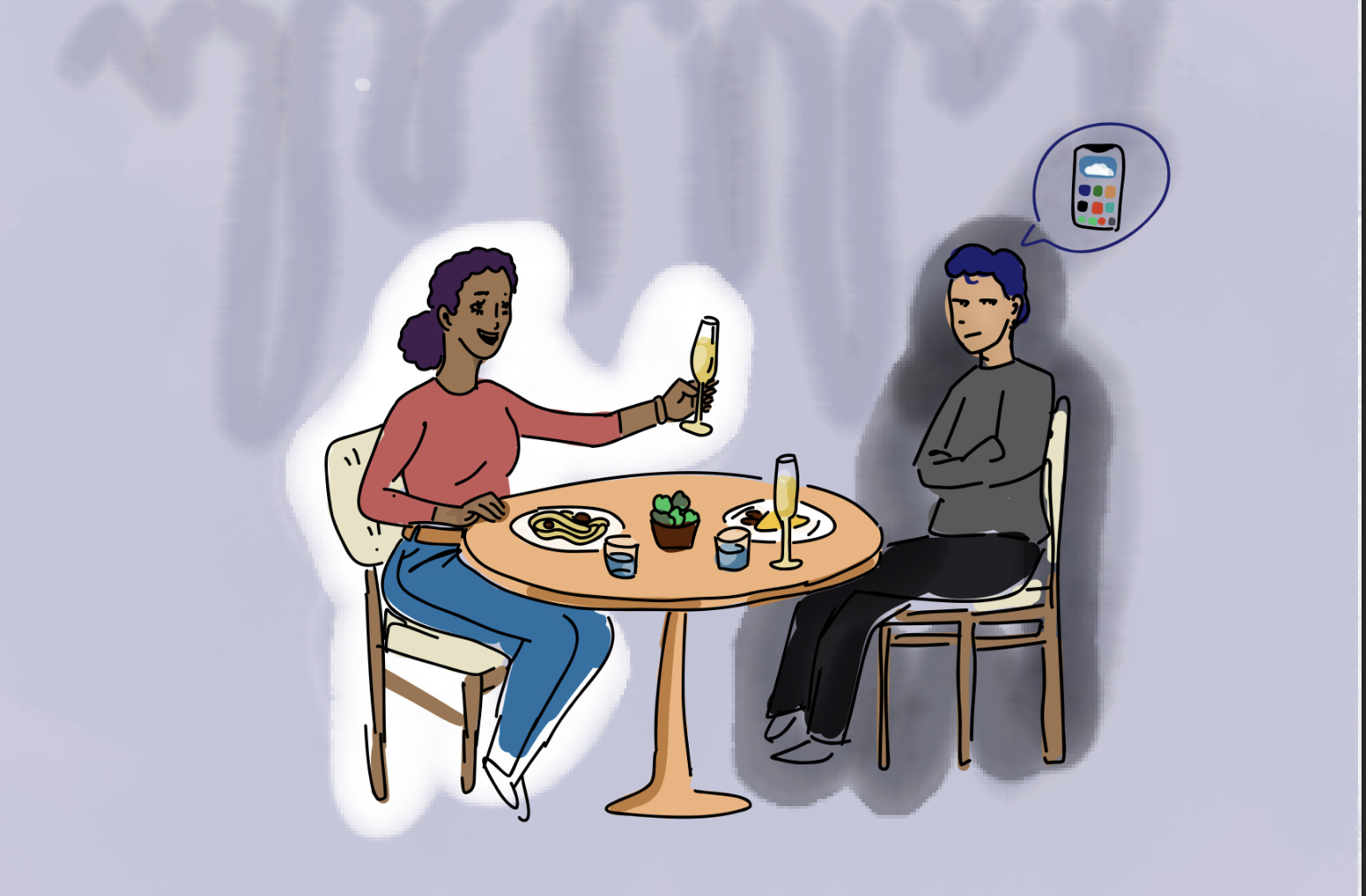If you’re anything like me (or if you were born between 1996 and 2005, which you probably were), you’ve had a multitude of online interactions throughout your life — connecting with school friends, meeting people from all corners of the world, starting arguments in neighborhood forums, and finding communities of people on social media who share your interests. For better or for worse, the Internet has become a place for the vast majority of communication — including how we stay up to date with current events and celebrities.
Fandom culture may not have originated from the World Wide Web, but it was undoubtedly nurtured by digital connections. In the early 2010s, sites like Tumblr and Wattpad were home to large communities of people (often between the ages of 12 to 25) sharing their unsolicited opinions, praise, criticism, and other curated content about their favorite celebrities or characters. Edited pictures and videos to depict a blogger’s marriage to their favorite band member, graphic stories about boy band members falling in love (or lust), and theories about their personal lives all thrived in these communities.
Surely there aren’t any consequences to these trivial actions taken by adolescents with unsupervised Internet access, right? Wrong.
Parasocial relationships — or relationships which exist between people online who usually do not know each other IRL, to use Internet slang — were once seen as harmless. Now, we are seeing the feedback loop of how obsessing over a public figure’s life can turn harmful.
Shortly after the release of Pierce the Veil’s album “Misadventures” in 2016, I came across an interview with the band’s frontman, Vic Fuentes, about his inspirations for the album. He mentioned that the song “Floral and Fading” was written as a reminder for his then-girlfriend to ignore the people online who spread hateful campaigns against her for dating their favorite band member. What really stuck with me, though, was how people who consider themselves supporters of Pierce the Veil and their music were filled with rage and hatred for the significant others of the group — simply because they were jealous.
How can such love for the people creating the art be turned into such a strong hatred for those who inspire it? Where did we begin to lose our grip on reality and start to believe that these creators owe us their time, attention, and love?
A more recent example is the frontman for the band Motionless in White, Chris Motionless, who “hard launched” his new girlfriend on social media. Both of their comments and replies were riddled with anger and disapproval. Mr. Motionless is a large celebrity crush of my own, and I’m not innocent in forming parasocial relationships myself: I’ve edited our wedding photos, entirely aware that such an event would never actually occur. Remaining in touch with reality is essential to navigating the confusing world of social media.
This sort of hazy line between what is appropriate to say to a stranger online and what breaches their privacy also applies to TV personalities, like reality stars. “Jersey Shore” icons cannot post a single photo without receiving every loyal viewer’s opinions on his or her actions in the most recent episode.
“Angela, wasn’t your boyfriend and the reason you left season 1 of og jersey shore ALSO married?” one commenter asked under a post from Angelina Pivarnick’s Instagram post on Sep. 22, 2023, referencing multiple personal relationships in Pivarnick’s life.
I could list examples of this kind of unprompted interjection from strangers on the Internet for days: Paris Hilton and her son’s head shape (with commenters often suggesting her failure at being a mother), Britney Spears and how she chooses to post on social media, Kim Kardashian being told she can’t show skin because she is a mother, any pet owner on the internet doing anything and being accused of animal cruelty, Noah Sebastian of the band Bad Omens pleading with fans to stop contacting his close friends and family on social media, Megan Thee Stallion and Nicki Minaj’s drama leading fans to dox people who disagree with them in the hopes of being recognized for their actions. I could go on.
So, let’s get a few things straight:
- Your celebrity crush/favorite influencer/public figure that you love to hate are strangers. You do not know them, they do not know you exist, and more often than not, it will remain that way. An interaction on social media is not an actual acquaintanceship.
- A person sharing any aspect of their life online is not an open invitation to add your two cents about their lives. Strangers on the internet, no matter their following, are people with lives, feelings, and struggles. They feel hurt by mean comments and violated by inappropriate posts and content.
- You’re still not going to marry that celebrity! Leave their significant others alone and go touch some grass. And then maybe go to therapy so you’re not so invested in the lives of strangers on the internet.



